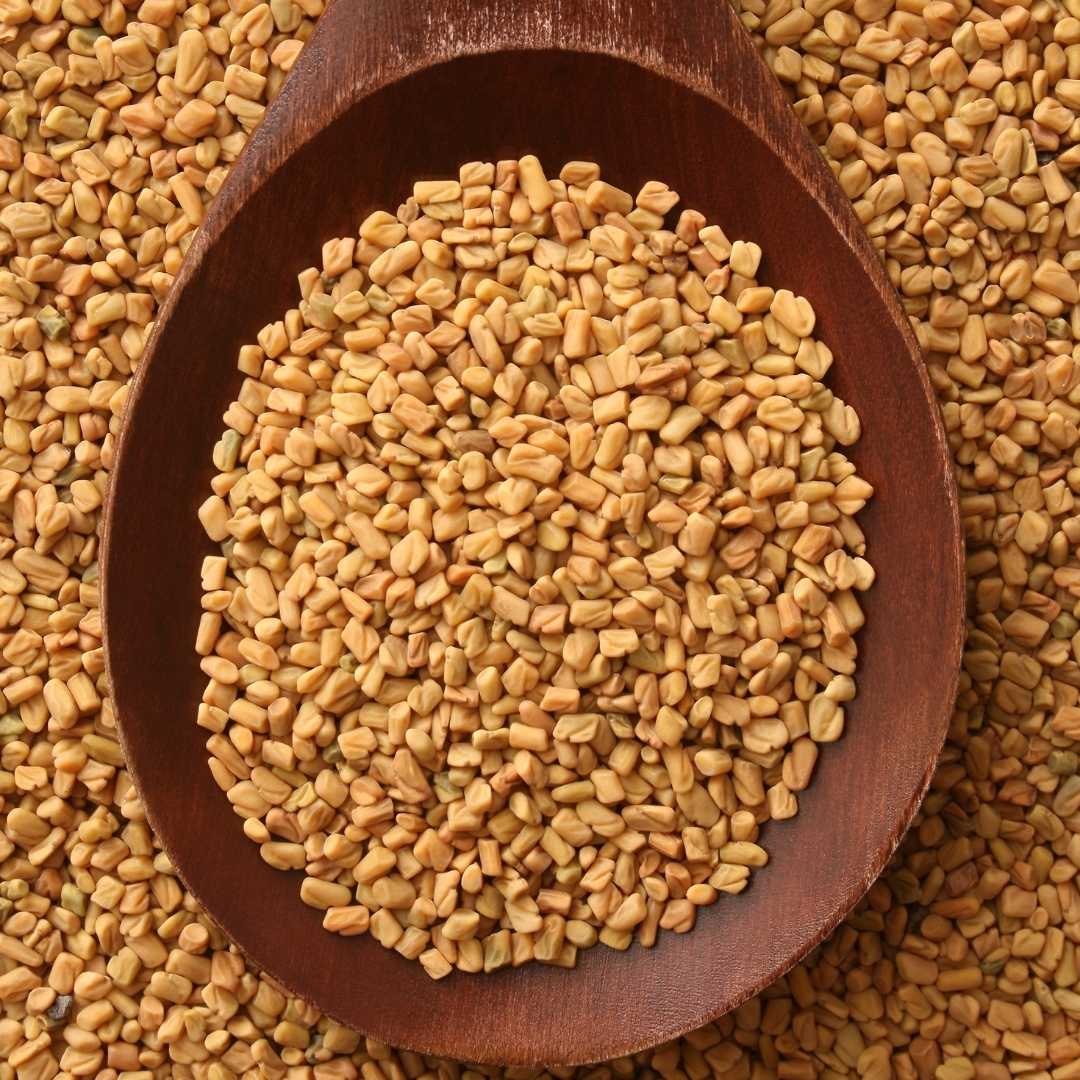
Fenugreek (Trigonella foenum-graecum) is a plant that grows to a height of about 2-3 feet (60-90 cm). It has green leaves, little white blooms, and pods with golden-brown seeds. Fenugreek has been used in alternative and Chinese medicine for thousands of years to cure skin issues and a variety of other disorders. It has recently become a popular household spice and thickening agent. It's also present in items like soap and shampoo. Because of their nutritional profile and somewhat sweet, nutty flavor, fenugreek seeds and powder are utilized in many Indian recipes.
Fenugreek is found in a variety of supplements. Because supplement formulations fluctuate, the suggested dose varies. There is no single dose that is advised. Furthermore, the dosage may differ based on the benefit sought. Most testosterone-based research employs only 500 mg of fenugreek extract, however other studies use 1,000-2,000 mg. Doses of roughly 2-5 grams seem effective when using the whole seed, however this varies from study to study.
In general, supplements should be taken before or with a meal. Because this herb helps with blood sugar regulation, it may be preferable to take it with your day's highest-carb meal. Always follow the label's dosing guidelines. Consult your healthcare provider if you are unsure.
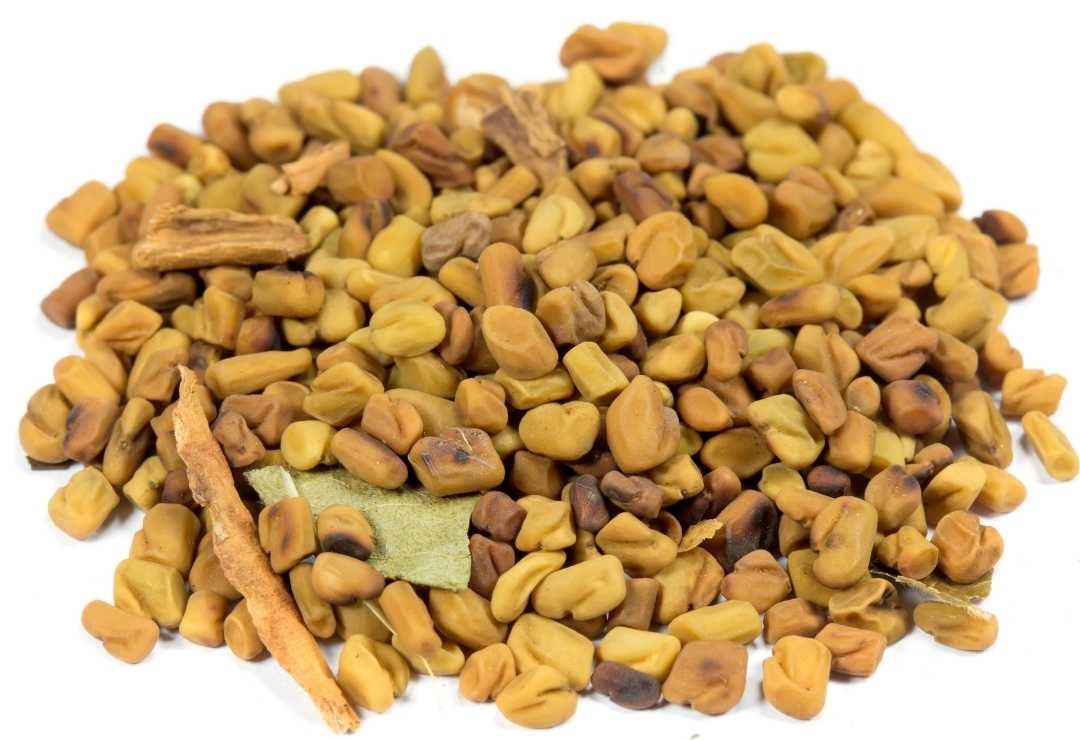
There are several health benefits of Fenugreek. Some of the are listed below:
Several animal investigations have revealed that at least four chemicals in fenugreek have anti-diabetic effects. They are primarily:
- prolong gastric emptying by reducing intestinal glucose absorption.
- insulin sensitivity and action are improved.
- lower lipid-binding protein concentrations
In a 2017 study, mice fed a high-fat diet supplemented with 2% whole fenugreek seed for 16 weeks showed improved glucose tolerance than those who did not get the supplement.
Fenugreek, on the other hand, did not increase glucose tolerance in mice fed a low-fat diet. Furthermore, the investigators concluded that 4 days of voluntary spinning wheel exercise was ultimately more successful than fenugreek at improving glucose tolerance in all animals.
Overall, the researchers discovered less benefits from fenugreek than they had anticipated. Taking fenugreek seed orally appears to reduce blood sugar levels in diabetics.
Fenugreek may help stimulate and ease the flow of breast milk. Traditional Asian medicine practitioners have traditionally suggested fenugreek for this purpose. In a 2014 study, 25 new mothers drank three cups of fenugreek tea every day for two weeks and noticed an increase in milk output in the first few weeks.
Fenugreek may decrease the appetite and enhance feelings of fullness, which may aid in weight loss by reducing overeating.
In a 2015 study, nine overweight Korean women drank fennel, fenugreek, or placebo tea before lunch. Those who drank fenugreek tea felt less hungry and more satisfied. However, the tea had no effect on the individuals' consumption. Fenugreek fiber extract powders may provide a feeling of fullness due to their fiber content.
Fenugreek has been shown to help boost low testosterone and sperm levels. In a 2017 study, 50 male volunteers received a fenugreek seed extract for 12 weeks. Approximately 85 percent of the individuals had a higher sperm count. The extract also regularly increased mental alertness, mood, and libido, according to the findings.
Because of its high antioxidant content, fenugreek has significant promise as an anti-inflammatory agent. A 2012 mouse study found that the high antioxidant flavonoid content of fenugreek seeds helps reduce inflammation.
Fenugreek may help manage cholesterol levels and blood pressure, lowering the risk of developing heart disease and improving heart health. This could be due to the fact that fenugreek seeds contain around 48 percent dietary fiber. Dietary fiber is extremely difficult to digest, forming a viscous gel in the intestines that makes sugars and fats more difficult to digest.
Fenugreek has long been used in traditional medicine to relieve pain. Researchers believe that the herb's alkaloids help block sensory receptors that allow the brain to sense pain.
In a 2014 study, 51 women with painful periods took fenugreek seed powder capsules three times a day for the first three days of their cycles for two months. Between the months, they had shorter periods of pain and less symptoms.
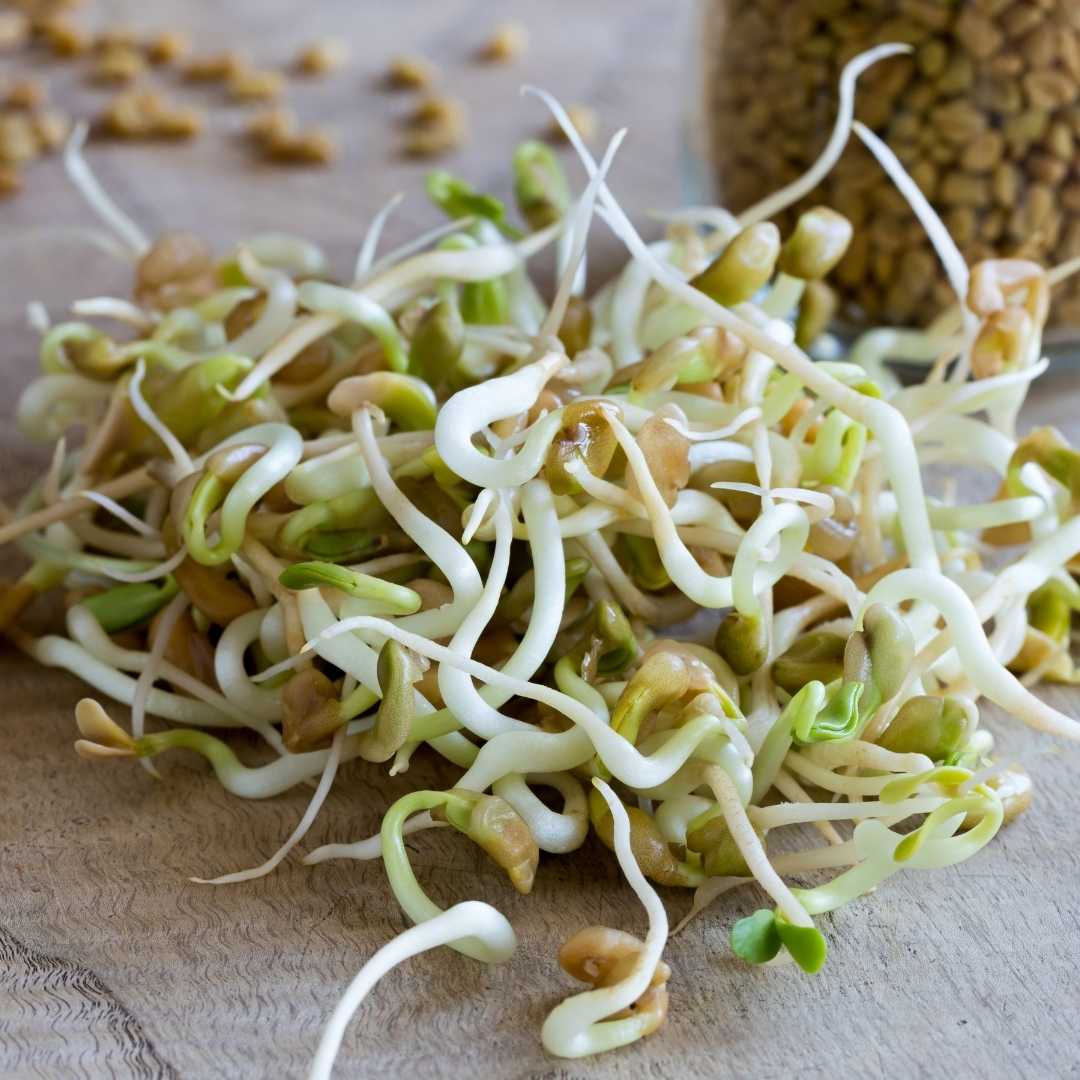
Fenugreek has long been used in traditional medicine to relieve pain. Researchers believe that the herb's alkaloids help block sensory receptors that allow the brain to sense pain.
In a 2014 study, 51 women with painful periods took fenugreek seed powder capsules three times a day for the first three days of their cycles for two months. Between the months, they had shorter periods of pain and less symptoms.
Amchur Restaurant & Bar is one of the popular Indian restaurants which provides not only Indian cuisines but also Nepalese and Oriental cuisines with a contemporary approach which are not only healthy but also immensely delicious to the customers who have visited and dined at the restaurant. Amchur Restaurant & Bar provides dine-in service along with takeaway and delivery service. If you like to try out the takeaway or delivery you can place an order by clicking here. You can also reserve a table for your family or friends by clicking here.
-
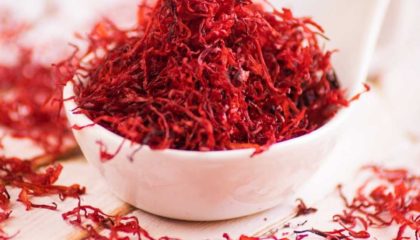 Read more +
August 1, 2022 By Amchur Restaurant in Spices
Read more +
August 1, 2022 By Amchur Restaurant in Spices
What is Saffron and its benefits?
-
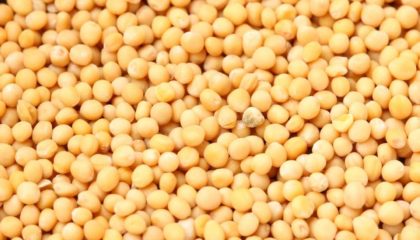 Read more +
July 21, 2022 By Amchur Restaurant in Spices
Read more +
July 21, 2022 By Amchur Restaurant in Spices
What are Mustard seeds and their benefits?
-
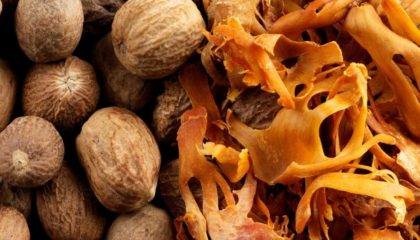 Read more +
July 18, 2022 By Amchur Restaurant in Spices
Read more +
July 18, 2022 By Amchur Restaurant in Spices
What are Nutmeg & Mace and its benefits?
-
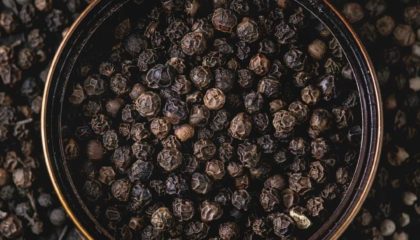 Read more +
July 14, 2022 By Amchur Restaurant in Spices
Read more +
July 14, 2022 By Amchur Restaurant in Spices
What are black pepper and its benefits?
-
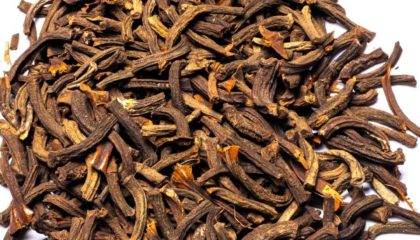 Read more +
July 11, 2022 By Amchur Restaurant in Spices
Read more +
July 11, 2022 By Amchur Restaurant in Spices
What are Cassia bark and its benefits?
-
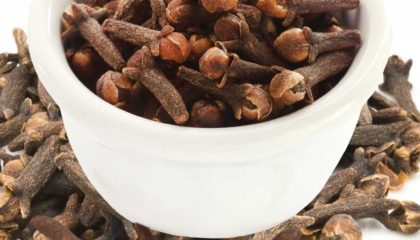 Read more +
July 7, 2022 By Amchur Restaurant in Spices
Read more +
July 7, 2022 By Amchur Restaurant in Spices
What are Clove and its benefits?
-
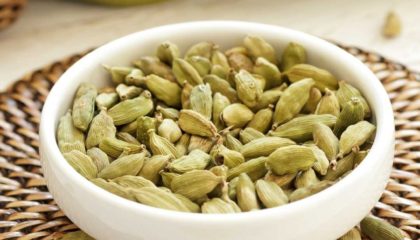 Read more +
July 4, 2022 By Amchur Restaurant in Spices
Read more +
July 4, 2022 By Amchur Restaurant in Spices
What are Cardamom and its benefits?
-
 Read more +
June 30, 2022 By Amchur Restaurant in Spices
Read more +
June 30, 2022 By Amchur Restaurant in Spices
Essential Spices Used in Indian Restaurants
-
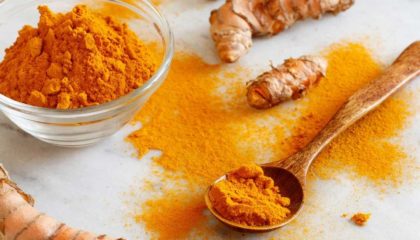 Read more +
June 27, 2022 By Amchur Restaurant in Spices
Read more +
June 27, 2022 By Amchur Restaurant in Spices
What is Turmeric and its benefits?
-
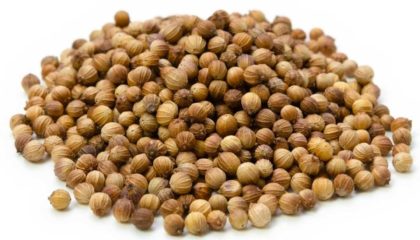 Read more +
June 24, 2022 By Amchur Restaurant in Spices
Read more +
June 24, 2022 By Amchur Restaurant in Spices
What Is Coriander and its benefits?

You must be logged in to post a comment.